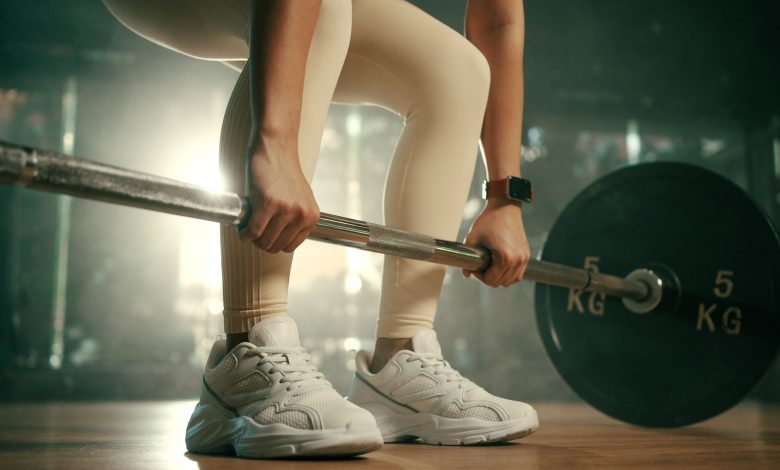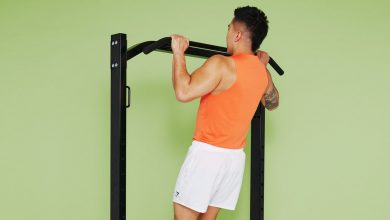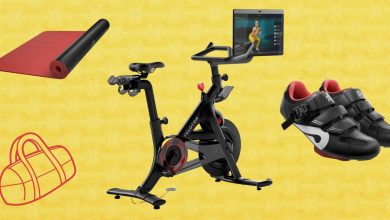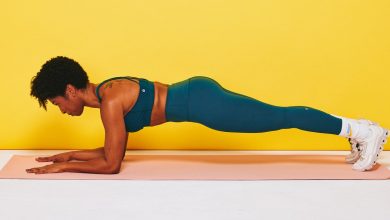What’s the Deal With Grip Strength and Longevity?

Scientists turn to this over other measures of strength, including classic exercises like back squats or bench presses, simply because it’s easier and more inclusive. Even weak or untrained people can squeeze a dynamometer, but you’d have to have proper form and knowledge, as well as a baseline of strength, to perform those other moves properly. What’s more, they come with some injury risk, especially if you were testing people’s max strength abilities by encouraging them to lift as heavy as possible.
But this doesn’t mean that grip strength isn’t important on its own either.
It’s not the secret key to better aging, but it might help you see some real progress in the weight room. If you’re serious about getting stronger—say, you’re already strength training regularly and have a solid, full-body baseline level—bolstering your grip may help you take your gains to the next level (and provide a bunch of other benefits too.)
Think about what it entails: Your grip boils down to strength in a bunch of muscles around your hand, including those in your fingers, wrists, and forearms, that help work it through all ranges of motion, Susie Reiner, PhD, CSCS, certified exercise physiologist and post doctoral researcher at the University of Kentucky’s Sports Medicine Research Institute, tells SELF. And it has carryover to a whole lot of other exercises—including ones that challenge much bigger muscles.
If your grip isn’t strong enough, it limits how much weight you can use in classic strength-building exercises like the deadlift, bent-over row, and pull-up. Take that first one: Your lower body and back might have the ability to lift hundreds of pounds. But if you can’t hold on to that weight with your hands? Then sorry, but you won’t be able to get it done.
“A lot of the time people will have to reduce their weight that they’re lifting or modify an exercise because they just can’t maintain their grip,” Dr. Reiner explains, since the tiny muscles in your wrists and hands fatigue faster than your bigger ones. As a result, limited grip strength can stall your progression in a strength training program since you won’t be able to challenge all your muscles to their full ability.
What’s more, subpar grip strength can also mess with your ability to stabilize your wrist, which is important in moves where you lift load above your head, like a dumbbell shoulder press, Dr. Reiner says. If your wrist isn’t sturdy enough to resist dropping forward or backward or moving side to side, it can bend and put extra pressure on the joint, possibly upping your risk of injury.
And it’s not only important for maxing out your strength either. It also comes in handy (sorry) for a lot of different sports, including pretty much any activity where you’re holding onto something (like a racquet, for example) or using your hand in a specific way (as with rock climbing, for instance), Dr. Reiner says. Strong wrist and hand muscles can also bolster your ability to complete daily tasks, like carrying a heavy bag of groceries, opening a jar of salsa, or twisting a door knob, she says.



